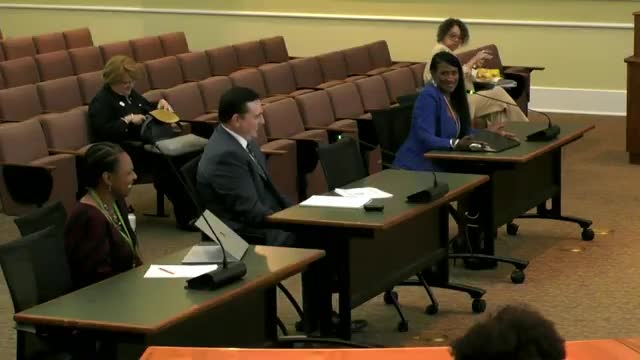Article not found
This article is no longer available. But don't worry—we've gathered other articles that discuss the same topic.

Durham IT outlines SAP replacement plan; county to issue ERP RFP with 2029 end-of-support deadline in view

Durham County keeps Cigna for 2025'26 health plan after RFP; pharmacy guarantees reduce projected cost

Durham County budget office recommends 3.5¢ property tax increase as revenues slow

